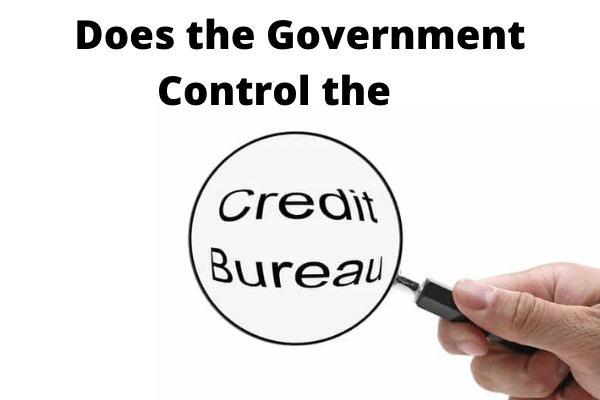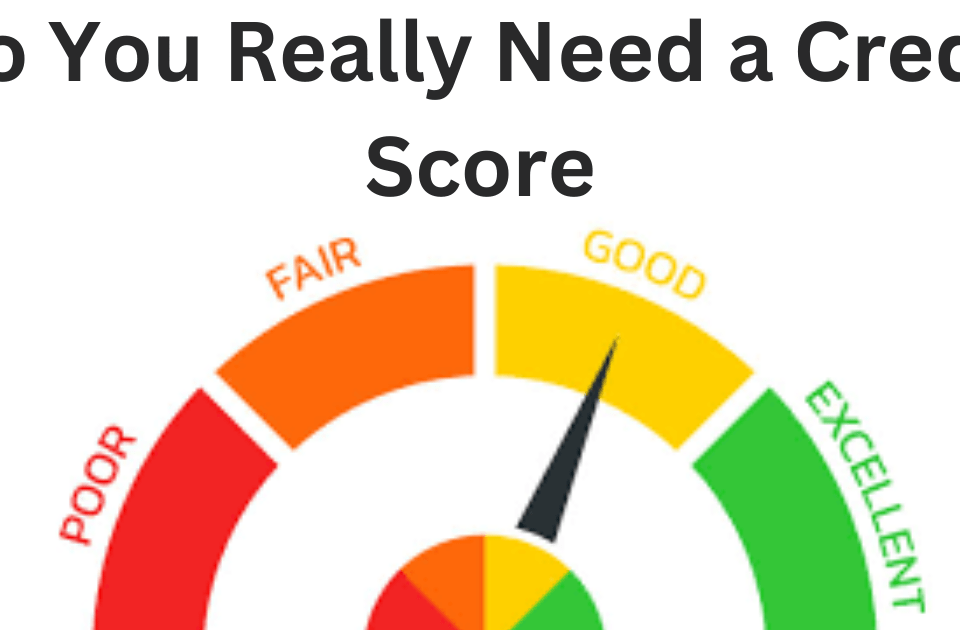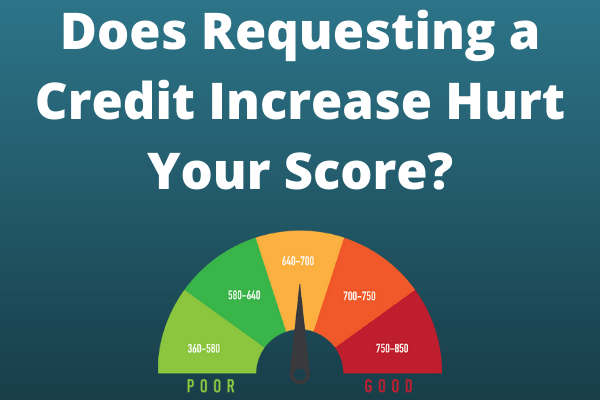Does the Government Control the Credit Bureaus?
Does the Government Control the Credit Bureaus?
A lot of consumers seem to assume that credit bureaus such as Experian, Equifax, and TransUnion are somehow under the ownership, management, or control of the government. But, the truth is, they are not.
All the credit bureaus basically operate as for-profit private companies. Although the government has taken the necessary steps to have a stringent regulation of these credit bureaus, including the establishment of the Fair Credit Reporting Act and the Consumer Financial Protection Bureau, not even one of these bureaus are under the mandate of the government. Credit bureaus are private businesses in reality.
Credit Bureaus are Actually Private Businesses
The main business model of the different credit bureaus is the collection of consumer credit details and selling them to businesses. Credit card issuers, banks, as well as other businesses requiring financial screenings will buy these credit reports to identify risk or the likelihood of a consumer in successfully paying back a loan or managing a large expense.
Aside from account details, credit bureaus also acquire tax lien, bankruptcy, and other data available from the public records in order to help businesses in making better decisions regarding the credit of a consumer.
Credit bureaus work with consumers hand in hand with consumers as well. The bureaus are responsible with resolving and responding to credit disputes that you might have because of missing information or errors on your credit report and provide access to the credit scores. They also place credit freezes and fraud alerts on your credit report in case of fraudulent activity.
Similar to other for-profit companies, these credit bureaus are working independently of each other. But, there are some consumer account details that might be shared among several credit bureaus because businesses usually have relationships with several credit bureaus. It is why it is common to find your credit details available in several places.
Why are Credit Bureaus Often Mistaken for Government Entities?
While it has already been established credit bureaus to be private businesses that are still subject to regulations and laws just like other industries, the confusion might be because of the terms agency and bureau.
These terms are often commonly applied to government entities. This is why it is easy to see why consumers usually mistake credit bureaus or credit reporting agencies as part of the government.
Aside from that, consumers often don’t understand the information and legislation coming out of credit reporting industry. Since they don’t know who is who and what they are responsible for, consumers need to navigate a dark world where their financial details may belong to or be under the management of anyone, with the government included.
You have to remember that your credit report and credit history are maintained and generated by for-profit businesses that are making money from it. It is why it is important to have laws that surround credit reporting to ensure that your credit is not misused or hurt. To prevent possibly dangerous practices by these bureaus against the consumers, there are fee charges for obtaining scores and types of information provided to consumers.






